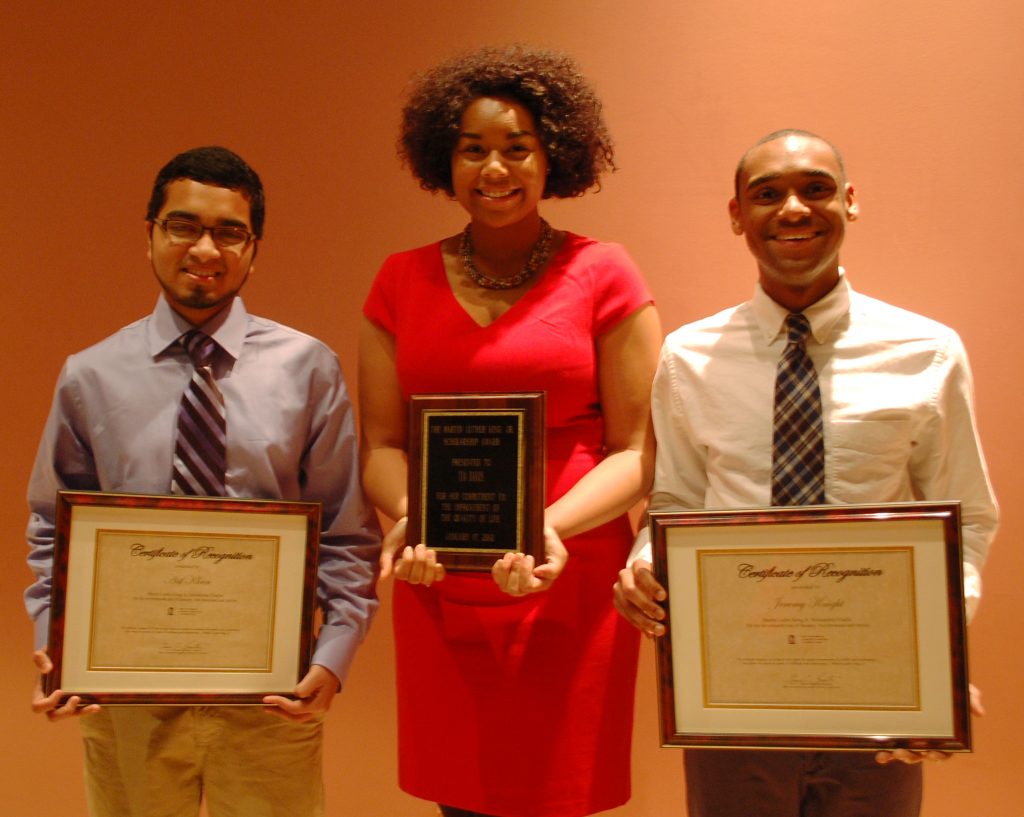By Heidi Kim, assistant professor, English and comparative literature

The Diversity THINKPosium was attended by a truly impressive array of people from different divisions of the university, working on issues ranging from childhood development and education to dramatic arts to racial inequities in the legal system. Attendees rose to speak briefly about initiatives in their divisions; perhaps most memorable from the point of view of increasing institutional diversity were the impressive strides made by the Schools of Medicine and Nursing in raising the percentage of underrepresented minorities within their student body by de-emphasizing standardized tests in admissions. These were data-driven policy changes, fueled by a long-term study of student success based on impartial indicators which showed zero correlation between GREs and student success.
But then Dr. Terrell Strayhorn (Ohio State University) rose to give a deeply personal keynote speech, by turns humorous and poignant. He discussed the importance of an understanding of the intersectionality and complexity of identity, giving as one cringe-inducing example a well-meaning academic who “started doing spoken word,” as Dr. Strayhorn put it, during an introduction, saying that he is the son of a single mother — when in fact he is not, and had never said he was. Instead, it was a jump to conclusions based on racial stereotypes and some of his academic work. Other anecdotes used his contradictory gendered, racialized, class-based, and familial experiences to illuminate the assumptions and roadblocks he has encountered within the academy.
Listening to these testimonials and reacting to them with others at my table made me wonder how we at UNC can leverage the personal, or a better understanding of the personal, to create change, when the most effective way (sometimes the only way) to overcome resistance is data-driven. Perhaps a better way to regard this divide is to question the relationship between the personal and the data-driven. Is it more effective to present the pie charts of UNC faculty and student diversity (touched upon in the THINKPosium review of last year’s diversity report) that show, for example, our continuing underrepresentation of Native American/American Indian faculty, staff and students? Can we reach a place where policy change can be accomplished by taking seriously the voices and experiences of individuals? The THINKPosium concluded by modeling this behavior, engaging participants in conversations about important issues of diversity on campus, and perhaps providing a space to aggregate the personal.




